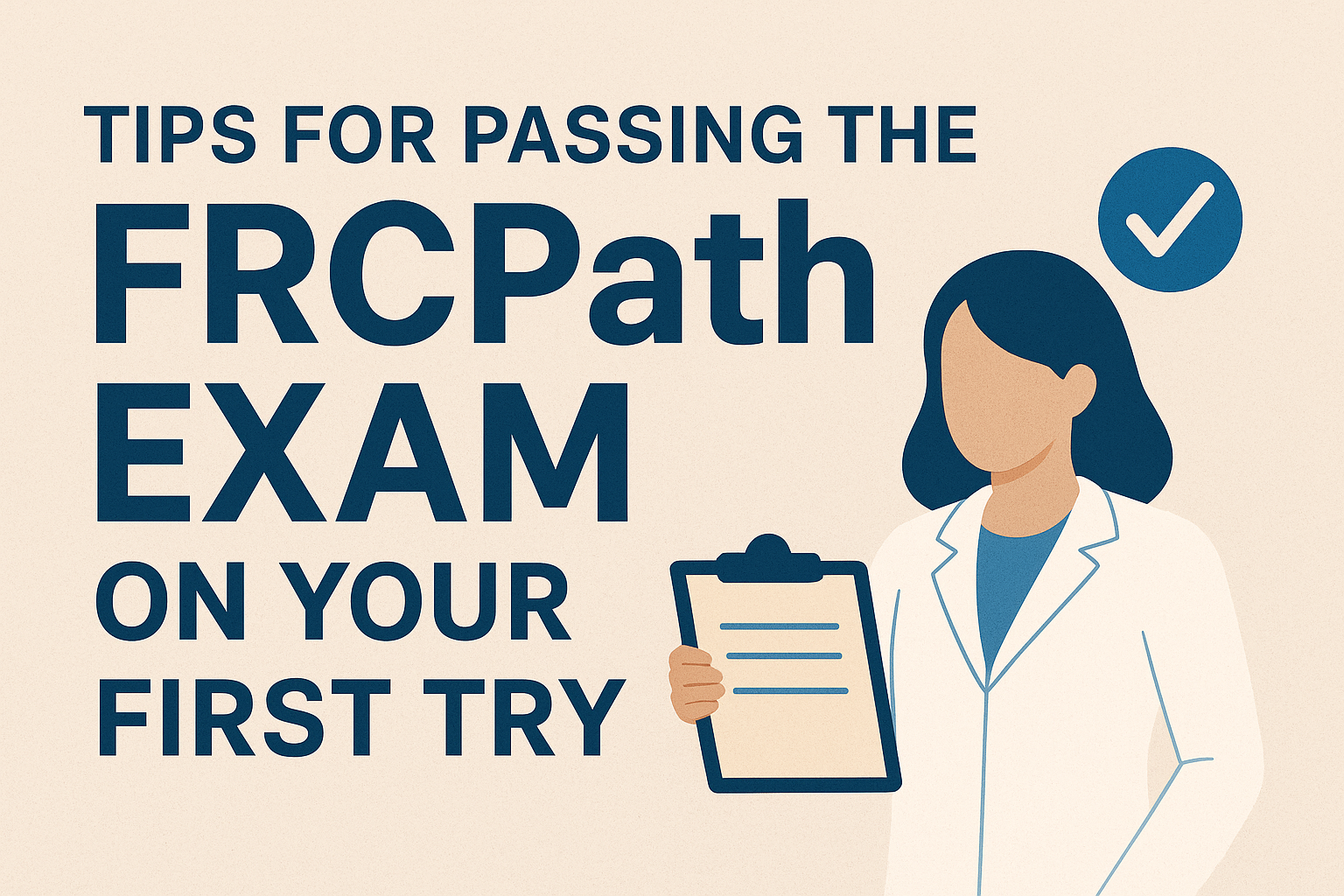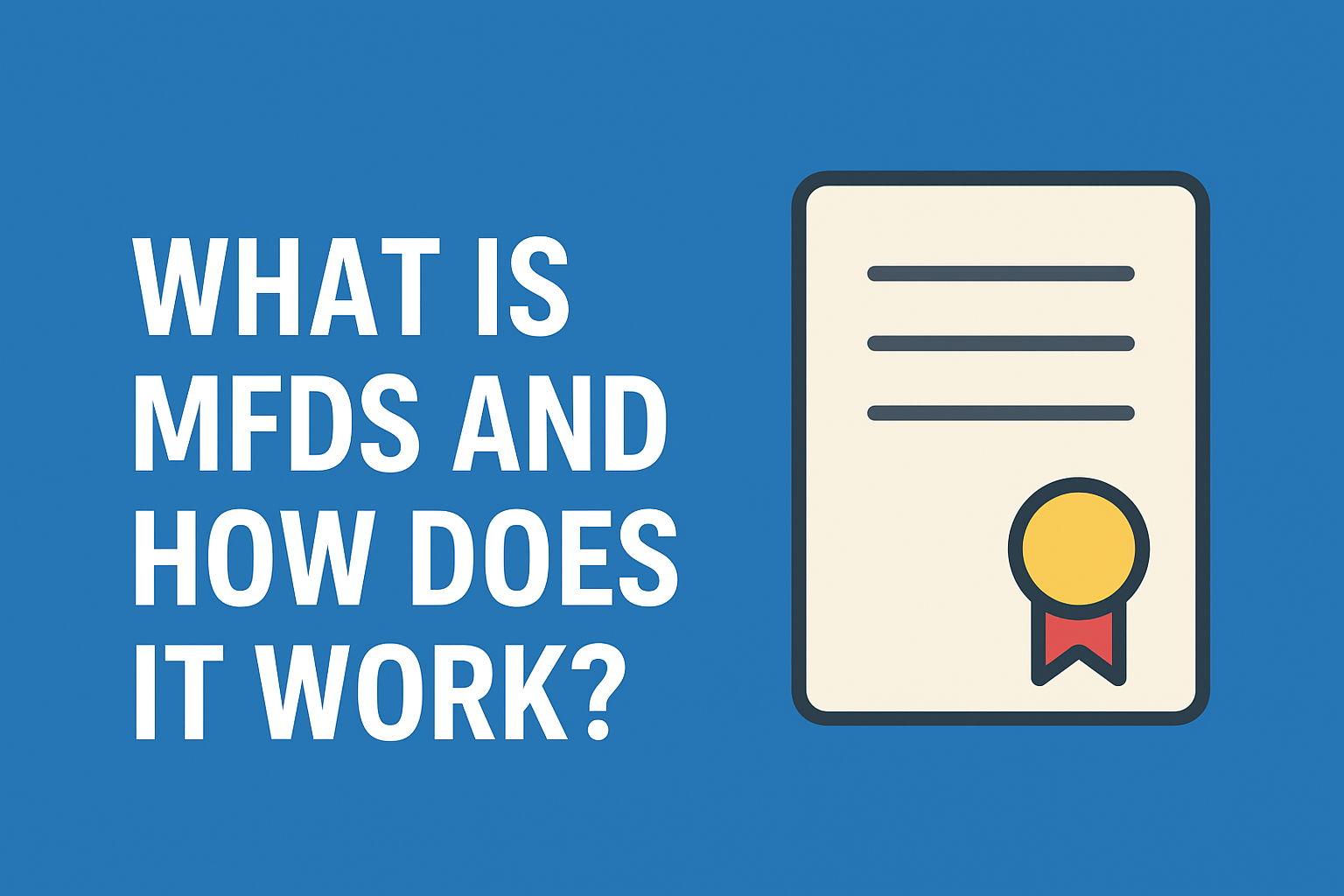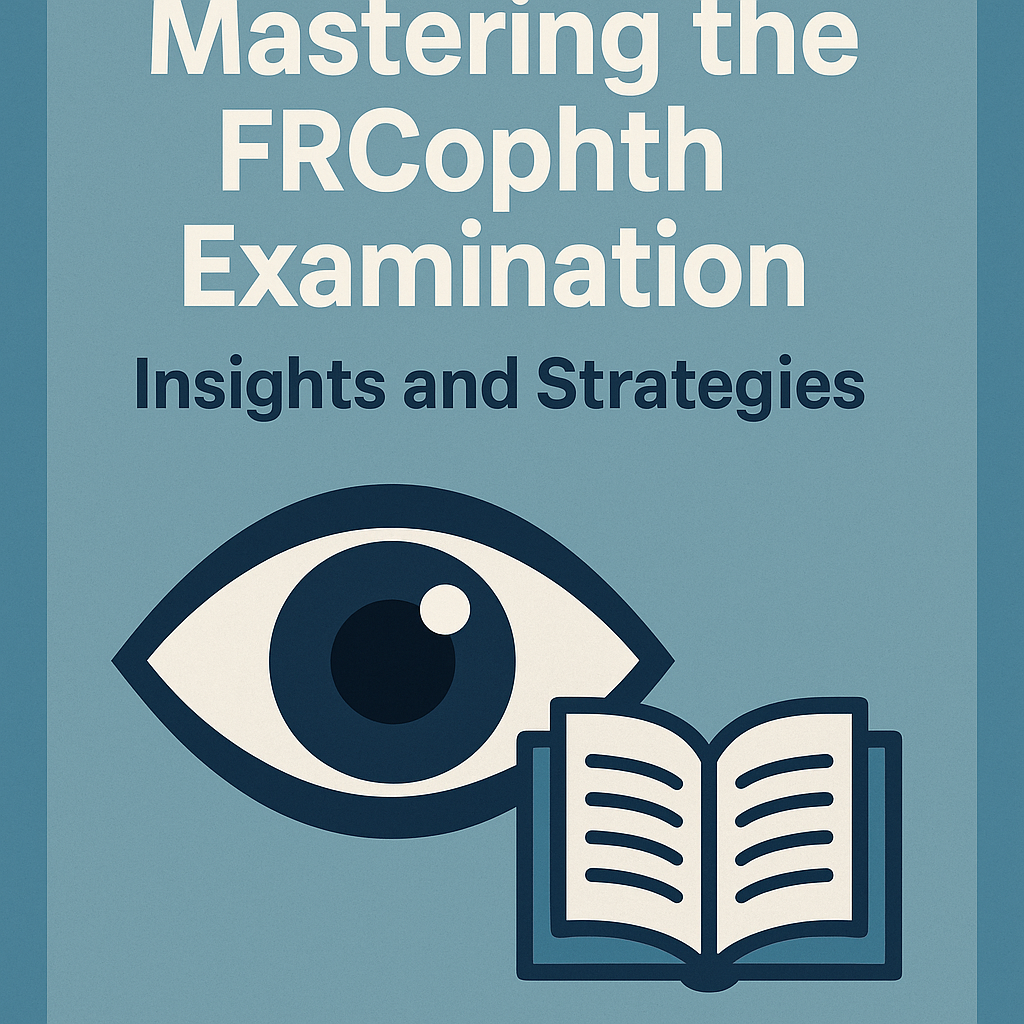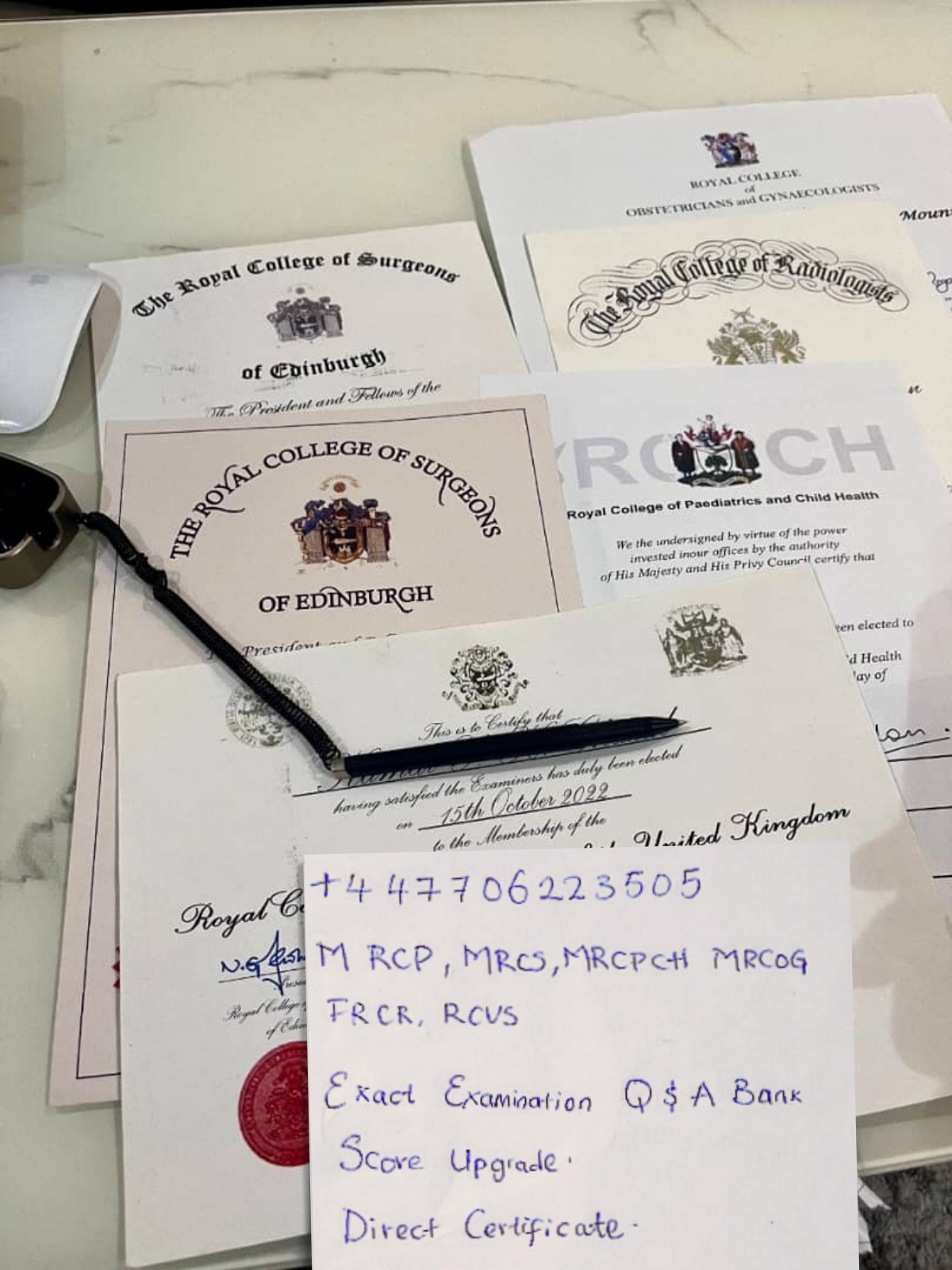🩺 A Comprehensive Approach to Preparing for the PLAB Exam: The Definitive Guide for International Medical Graduates
How to Prepare for the PLAB Exam Effectively ? Are you an international medical graduate (IMG) aspiring to work within the NHS in the UK? The PLAB exam (Professional and Linguistic Assessments Board) represents a crucial milestone in achieving that ambition. However, the vast amount of information available online can leave many prospective doctors feeling daunted and uncertain about how to start.
This is where this guide proves invaluable. Whether you are at the beginning of your journey or nearing the completion of your preparations, this blog offers a thorough roadmap to achieving success in the PLAB exam—featuring expert strategies, a detailed list of essential resources, sample study schedules, and insider advice from those who have successfully passed the exam.
📖 What Is the PLAB Exam?
The PLAB exam is administered by the General Medical Council (GMC) in the United Kingdom. Its purpose is to evaluate whether a physician trained outside the UK possesses the essential knowledge and skills required to practice medicine safely within an NHS hospital environment.
It does not assess specialized knowledge; rather, it emphasizes your capability to manage real-life situations as a junior doctor in the UK.
👩⚕️ Who Needs to Take the PLAB Exam?
You are required to take the PLAB if:
- You are an international medical graduate (from outside the UK, EEA, or Switzerland)
- Your medical degree is not automatically recognized by the GMC.
- You do not possess an approved postgraduate qualification (such as MRCP, FRCS, etc.)
Note: Prior to booking PLAB 1, you must successfully complete the IELTS or OET exam to demonstrate your proficiency in English.
📊 Understanding the PLAB Exam Structure
The examination is divided into two parts:
📝 PLAB 1 – Written Exam
- 180 MCQs (Single Best Answer format)
- Duration: 3 hours
- Focus: Common clinical scenarios, ethics, law, and safe practice
- Mode: Administered in various countries around the globe (including India, Pakistan, Nigeria, Egypt)
💉 PLAB 2 – Clinical OSCE Examination
- 18 stations, each with a duration of 8 minutes
- Role-playing with simulated patients
- Covers: Communication skills, physical examinations, diagnosis, treatment planning, and ethics
- Mode: Conducted exclusively in the UK (Manchester)
🗓️ When and Where Is the PLAB Exam Conducted?
- PLAB 1 occurs several times a year at international test centers as well as in the UK.
- PLAB 2 is conducted solely in Manchester and requires advance booking (slots fill up rapidly).
- Visit the GMC website to check available test dates.
🧠 Why Do Many Candidates Fail the PLAB?
Common reasons include:
- Over-dependence on memorization rather than comprehension
- Neglecting UK-specific clinical guidelines
- Poor time management during MCQs
- Insufficient mock practice for OSCEs
- Weak communication or ethical reasoning (particularly in PLAB 2)
➡️ With an appropriate strategy, discipline, and the right resources, you can surmount all of these challenges.
📚 Step-by-Step Guide to Prepare for the PLAB Exam
Let’s divide your preparation into 8 actionable stages:
✅ Step 1: Understand the Exam Blueprint
Before commencing, download the PLAB blueprint from the GMC website. This document specifies the skills and knowledge areas that will be assessed.
Key categories:
- Common clinical presentations
- Clinical management
- Practical procedures
- Communication and ethics
Focus your studies on what the GMC expects, rather than attempting to cover everything.
✅ Step 2: Create Your Study Timeline
How much time you require is contingent upon your availability, understanding of UK guidelines, and existing knowledge.
Suggested preparation duration:
- PLAB 1: 3–6 months
- PLAB 2: 2–3 months
👉 Example weekly schedule for PLAB 1 (for full-time preparation):
| Day | Task |
|---|---|
| Mon–Fri | 4 hours theory + 2 hours question bank |
| Sat | Mock test + revision |
| Sun | Break or topic revision |
Track progress using tools like Notion, Excel, Trello or even a bullet journal.
✅ Step 3: Utilize Appropriate Resources (PLAB 1 & 2)
📘 Resources for PLAB 1:
- Plabable – The top recommended MCQ bank
- PLAB GURU Notes – Concise, high-yield notes
- Oxford Handbook of Clinical Medicine – An essential reference
- NICE Guidelines – The clinical gold standard in the UK
- Pastest PLAB 1 Qbank (Optional)
💡 Advice: Stick to 1–2 resources consistently. Avoid switching between them.
👩⚕️ Resources for PLAB 2:
- Academies – Samson, Aspire, Swamy, Nile Academy
- YouTube Channels – OSCE cases, patient interactions
- PLAB 2 Notes – Obtain from academies or Telegram groups
- Practice Partners – Crucial for mock sessions
- Online Mock Stations – Accessible via Zoom with fellow candidates
➡️ Schedule PLAB 2 slots early — they tend to fill up 3+ months ahead.
✅ Step 4: Engage in Continuous Practice
For PLAB 1:
- Complete 100–150 questions each day
- Examine the explanation for every question
- Undertake at least 3 full mock tests prior to the actual exam
For PLAB 2:
- Participate in daily mock stations with colleagues
- Record your sessions to assess communication and professionalism
- Replicate a real exam environment with a timer and interruptions
✅ Step 5: Master UK Guidelines and Cultural Context
PLAB encompasses more than just clinical knowledge — it involves its application within the UK context. This entails:
- Patient-centered care
- Ethical scenarios (e.g., consent, confidentiality, safeguarding)
- Empathetic communication
- Shared decision-making
➡️ Adhere to NICE guidelines, GMC’s “Good Medical Practice,” and engage in PLAB Facebook groups for scenario discussions.
✅ Step 6: Steer Clear of These 10 Common Pitfalls
- Disregarding the PLAB blueprint
- Postponing mock tests until the last minute
- Utilizing an excessive number of resources
- Studying topics beyond the PLAB scope (e.g., rare diseases)
- Neglecting ethical scenarios
- Excessive confidence in communication
- Failing to review mock tests
- Overlooking exam-day logistics
- Comparing yourself to others
- Ignoring mental health and the necessity for breaks
✅ Step 7: Participate in Study Groups and Online Forums
Collaborative learning enhances retention and motivation.
Leading PLAB communities:
- Telegram Groups: PLAB 1/2 Preparation
- Reddit: r/PLAB
- Facebook Groups: PLAB groups (10k+ members)
- Discord: Certain academies operate servers
➡️ Join early to access updated notes, mock exams, and peer evaluations.
✅ Step 8: Get Ready for Exam Day Like a Professional
- Arrive at the center 1 hour in advance
- Bring the correct identification (passport, booking confirmation, pen, snacks)
- Avoid cramming the night before—take time to relax and ensure a good night’s sleep
- Have confidence in your preparation—maintain composure under pressure
📋 Sample 3-Month Study Plan for PLAB 1
| Week | Focus |
|---|---|
| 1–2 | Build foundation – notes + 100 MCQs/day |
| 3–6 | Deepen clinical knowledge + case scenarios |
| 7–8 | Start full-length mocks + revise weak areas |
| 9–10 | Finish question bank + daily timed mocks |
| 11–12 | Final revision + high-yield topics |
Use breaks for ethics, procedures, and NICE guidelines.
🔑 PLAB 2: Essential Tips for Excelling in the OSCE
- Engage in daily practice stations with immediate feedback
- Develop your ICE (Ideas, Concerns, Expectations) skills
Incorporate phrases such as:
- I recognize that this may be concerning…
- Could you elaborate on what worries you?
- Adhere to the 8-minute time limit
Dress in a professional manner and be mindful of your body language
🧾 Final Checklist: Items Required Prior to the Exam
✅ GMC account and booking confirmation
✅ Current Passport
✅ IELTS/OET certificate
✅ PLAB 1 result (necessary for PLAB 2 registration)
✅ Revision notes and practice reports
✨ Final Words of Encouragement
The PLAB journey may seem daunting, particularly if you are balancing it with work, family, or financial challenges. However, many IMGs have successfully passed the exam before you—and you can too.
Concentrate on effective studying rather than merely hard studying. Treat communication practice with the same seriousness as medical practice. Trust in your capacity to adapt, develop, and achieve success.
Upon passing PLAB, a fulfilling career within the NHS will be readily accessible.
For More Information
Visit Us : https://royalcollegeexamscertification.com/
Email : Kimlurence@gmail.com
Contact : +44 7706223505









3 Responses
This blog really opened my eyes to some of the mistakes I’ve been making unknowingly, especially wasting time on too many resources. Thank you!
Thank you for this post. It helped me align my study habits better and avoid some traps I didn’t even realize were slowing me down.
Great article! It really opened my eyes to mistakes I hadn’t even considered. The tips on managing time and choosing the right study materials were super helpful.